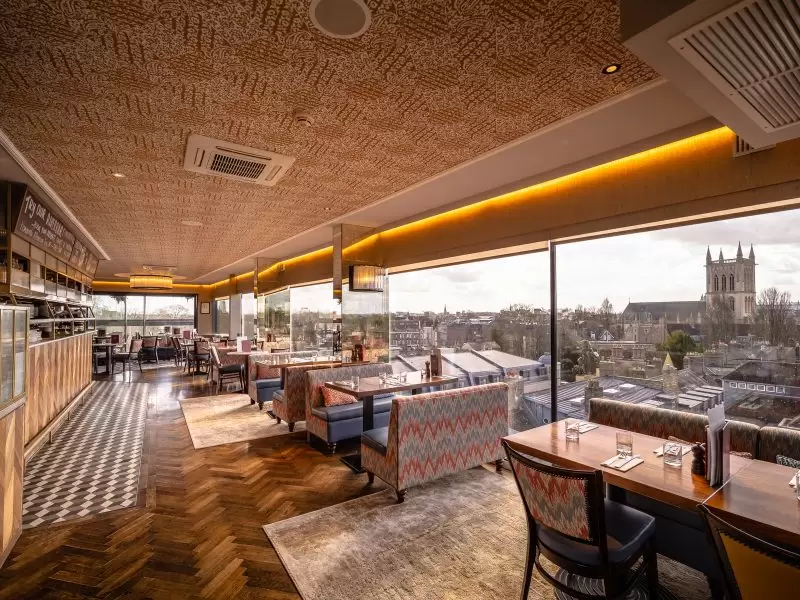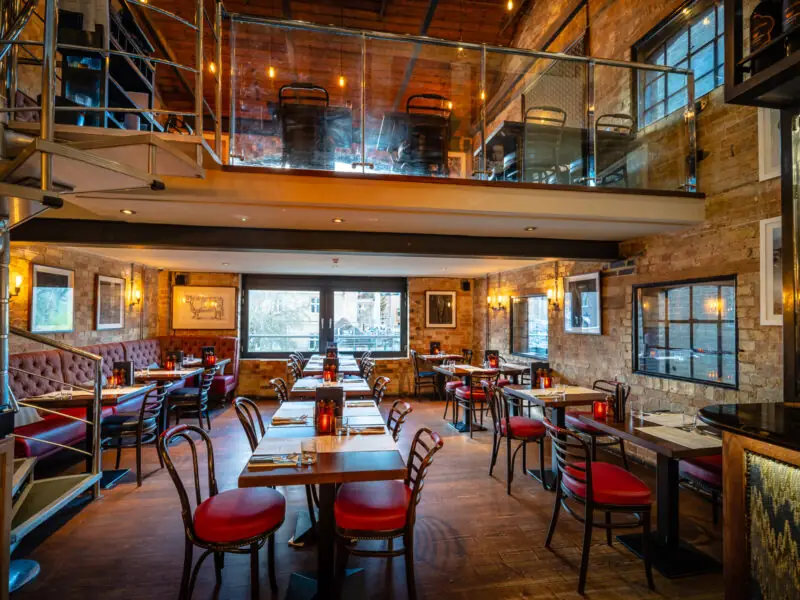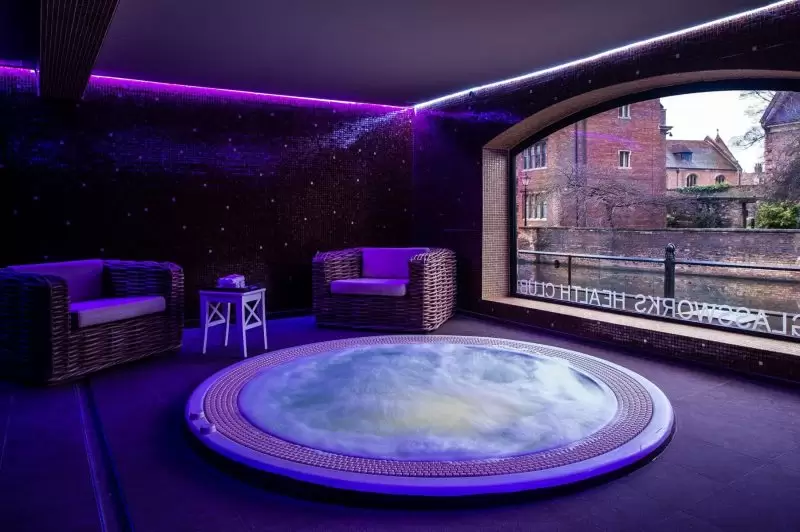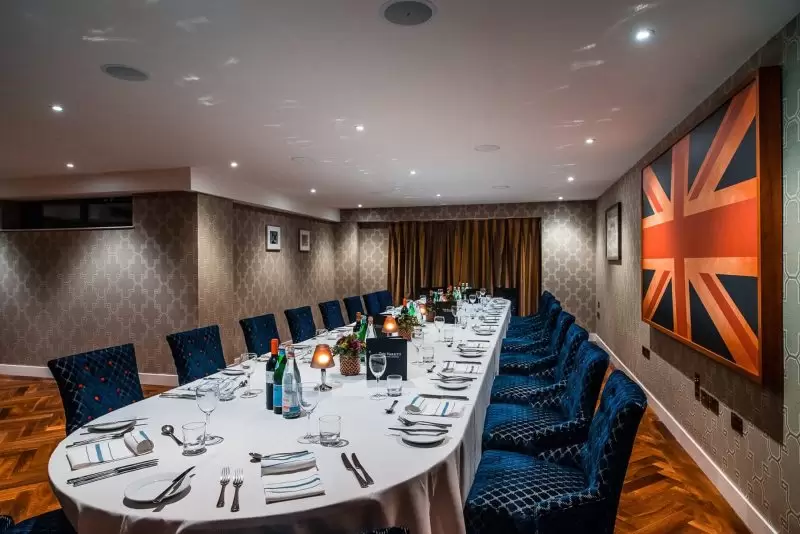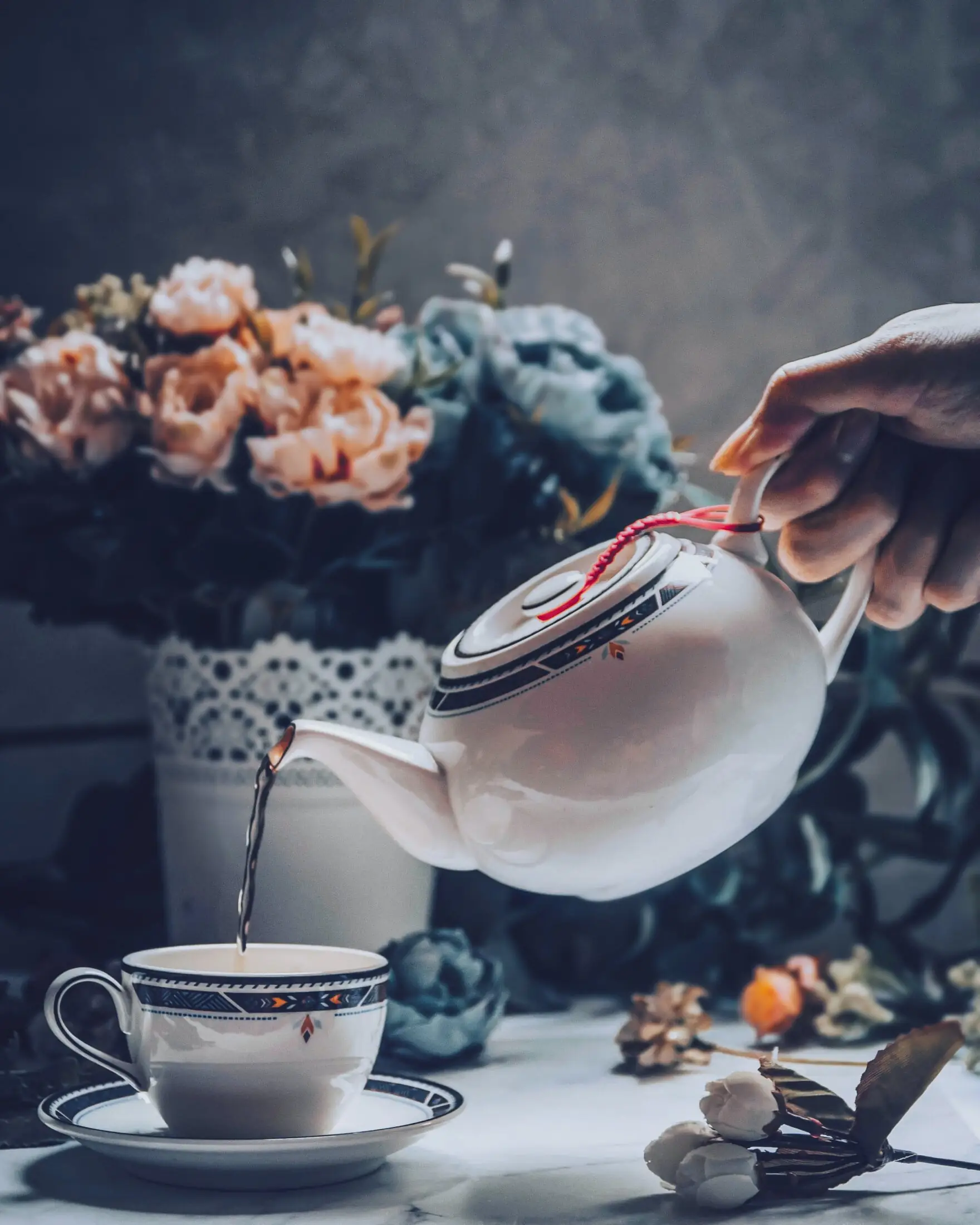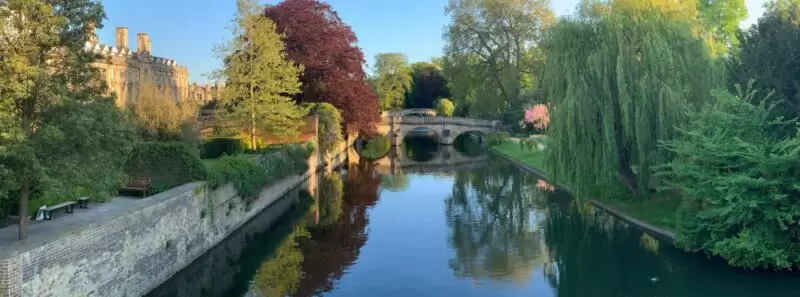These days, tea is an ubiquitous commodity. Quite literally – you can find bags of the stuff in shops on every street. But it wasn’t always so. And once in a while, we at the Varsity Hotel Cambridge like to stop and give some proper appreciation to our tea. Especially as part of a luxurious Afternoon Tea while enjoying the best view in Cambridge.
A British Stereotype
It has long been a stereotype that Brits love a good cup of tea. Though like most stereotypes it is largely a myth these days. Today, Brits are no more likely to drink tea than coffee. And far less likely to drink it elegantly out of fine china cups. Though like most stereotypes there is a grain of truth to it. And a surprising amount of history is wrapped up in the English quest for tea.
It’s always been a joke that the British Empire ran on tea rather than coal or oil. Simply by how much of it was drunk. But it’s no exaggeration to say that the British Empire was founded on tea. Or at least the tea trade.
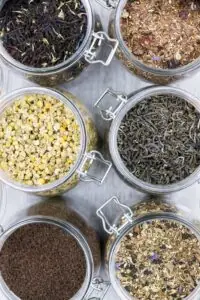
Tea began its rapid rise in popularity starting in 1660, When King Charles II tried some and found he liked it. Naturally a beverage with royal approval spread like wildfire among the upper classes. Tea shops started springing up in London early the following century, with imports quadrupling between 1720 and 1750. By the time of the Napoleonic Wars, 10% of the revenue of the British Government, in charge of the largest and richest Empire in the world, came from a duty on tea.
A Dubious History
Naturally, such reliance on a single commodity caused issues. The largest of which was the source and supply of tea. Originally, tea came only from China. And China only accepted payment in silver. Which was fine for small scale purchases. But as trade ramped up the sheer quantity of silver flowing out of Europe and into China became a concern.
A concern which had a huge impact on two of the largest and oldest civilisations in the world, which are now two of the most populous countries in the world – India and China. For the twin solutions devised by the unscrupulous British East India Company was twofold. First, acquire territory in which tea could be grown – which began territorial expansion in India. And second, find another product which China would trade in other than silver.
That product was opium. Which was then grown in ever increasing amounts in conquered Indian territory, then traded for Chinese tea. And when the Chinese government objected to the sale of illegal narcotics into their territory, a pair of Opium Wars were fought over the topic. Which in part led to the decline of China over the 19th century.
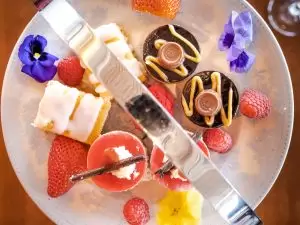
And then there’s the small matter of that time when a glut of tea crashed prices in the European markets. So the East India Company decided to try to sell their surplus in the American colonies. The locals didn’t appreciate this so they held a party. An event now known as the Boston Tea Party. And the rest is history.
So the next time you’re lounging in our Six Panoramic Restaurant over a delicious Afternoon Tea, spare a moment to appreciate the history of the great beverage you are supping.

